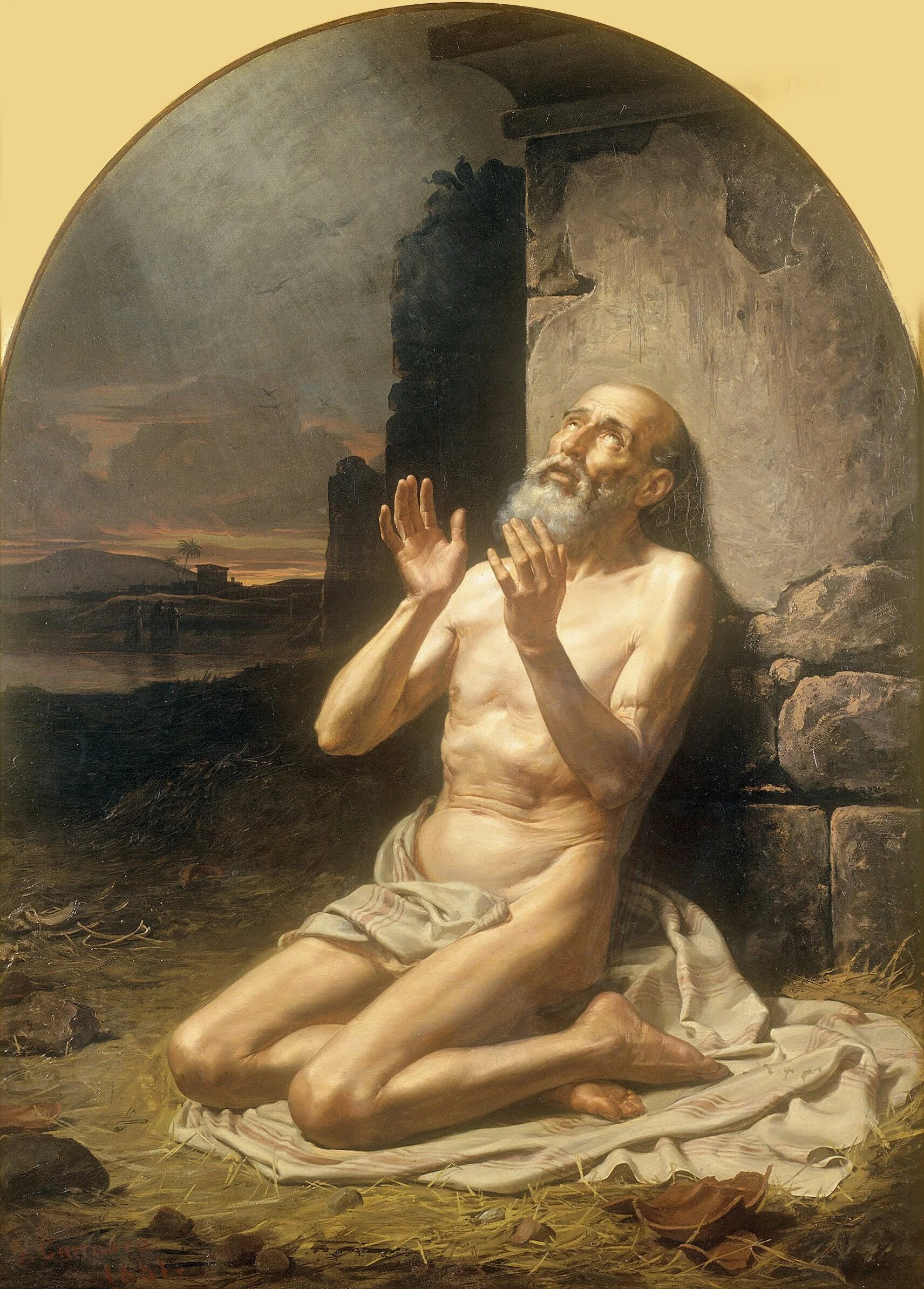The God of the Living
10 November 2019 –– Proper 27 Lectionary 32
Luke 20:27-38
I was leading a Sunday Bible study group focusing on today’s Gospel reading when a woman asked if I thought the Gospel reading was about “impotent men.” “Imagine,” she said, “all seven brothers died without producing an heir.” Another woman said, “No, no, it’s the widow, she wasn’t fertile.” Pretty soon individuals in the study group began to take sides. Dumb impotent men versus infertile women and their struggles getting to heaven?
Arguments, especially religious ones, give our families and communities of faith bad indigestion. How do postmodern Christian parents and church leaders respond to questions, especially those asked by people who process their thoughts from totally different perspectives?
We question a daughter’s sexuality just because she shares an apartment at college with a lesbian friend; we worry and question one son who votes “red” while another votes “blue.” Why is there demand for an eighteen-piece praise band at church and a 62-inch HDTV screen? These questions, along with so many others stemming from issues that divide us, are merely indicators of deeper issues.
Are we able to probe beneath our fears and prejudices to discover genuine faith questions? Especially are we capable of suspending judgment long enough to hear heart cries from those asking the questions?
Jesus said there is enough begging the question and baiting the innocent. He ignored the Sadducee bait and replied that resurrection Christians focus and act to insure that all life rises from the dead; trees from the ashes of bombed out villages, fresh potable water from polluted streams. Stop begging the question and baiting the innocent and provide justice. Justice for all! –– Thomas J. Buechele
Job 19:23-27a
The introduction to the book of Job in the New American Bible states: “[T]he purpose of the writing is didactic. The lesson is that even the just may suffer here, and their sufferings are a test of their fidelity. They shall be rewarded in the end.” It would seem the lectionary designers chose this reading to accompany the gospel reading’s teaching on resurrection. . .
But the NAB footnote cautions: “The meaning of this passage is obscure because the original text has been poorly preserved and the ancient versions do not agree among themselves. It is certain that Job expresses his belief in a future vindication by God. . . but the time and manner of this vindication are undefined. In the Vulgate Job is made to indicate a belief in physical resurrection after death, but the Hebrew and the other ancient versions are less specific.” –– Joseph McHugh
2 Thessalonians 2:1-5, 13-17
Paul warns the Thessalonians against the message contained in a false (forged?) letter purporting to be from him. Verses 3b–5 remind the Thessalonians of what they had already been taught by Paul. The Parousia has not already arrived. The lawless one represents the climax of the apocalyptic scenario. Verse 15 urges the Thessalonians to hold fast to the traditions they were taught. –– Joseph McHugh
Thomas J. Buechele, a priest for 38 years in Iowa, Mexico, Arizona, and Hawaii, has a passion for preaching, social justice, snorkeling, tennis, reading and music.
Joseph McHugh, a freelance writer on scripture and other religious topics, published Getting to Know the Bible: An Introduction to Sacred Scripture for Catholics (ACTA Publications, 2003).
Homily Service 40, no. 12 (2007): 34-45
